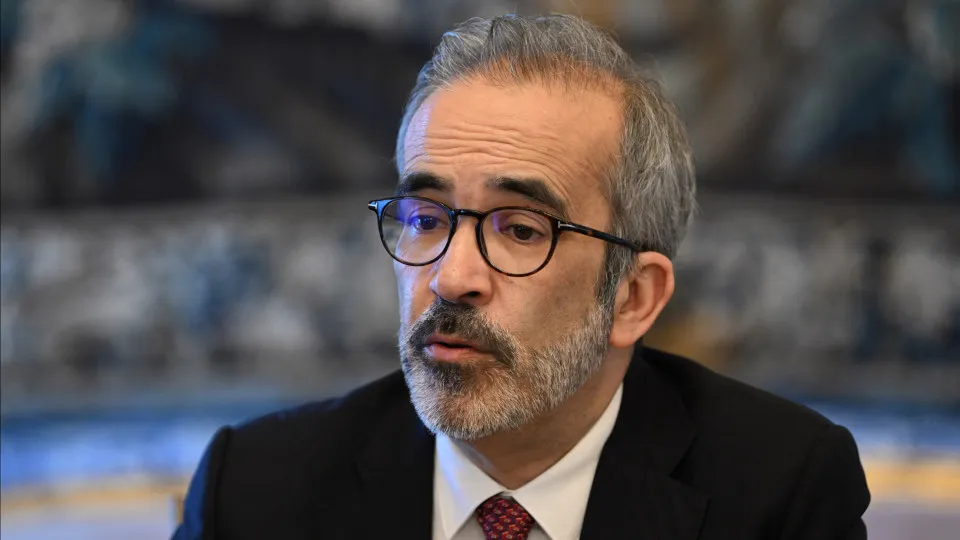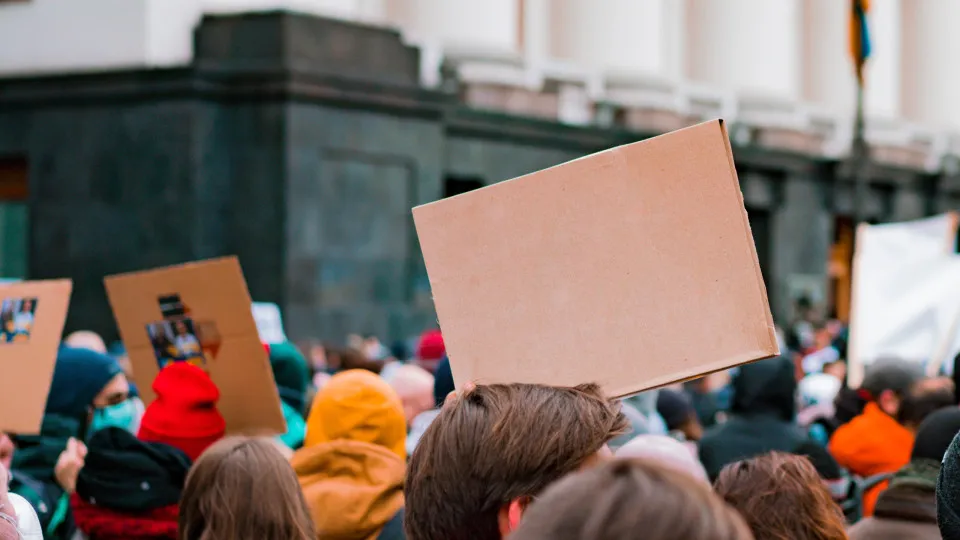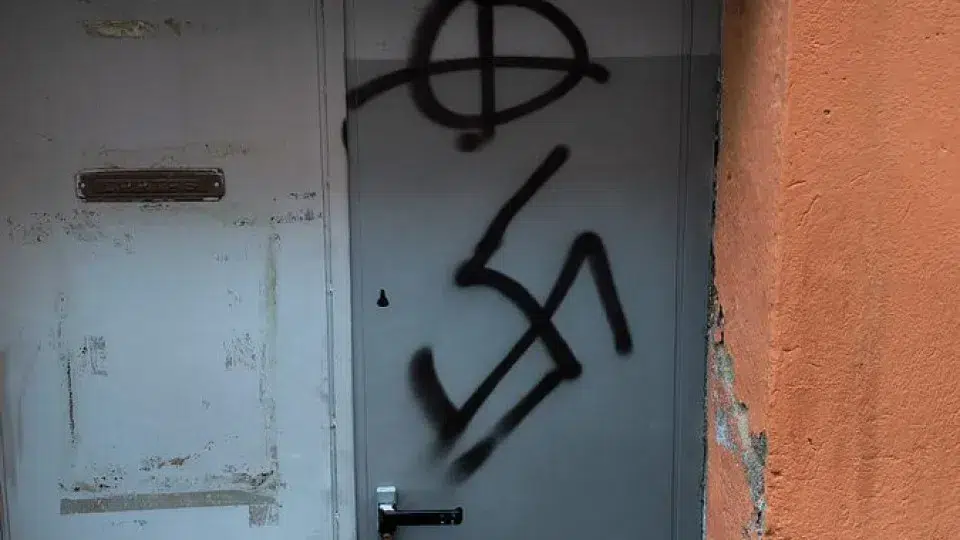
“We are already preparing for next year’s elections, and I can announce that we will have almost 60,000 Brazilian voters here in Lisbon,” said Alessandro Warley Candeas.
“As of April 2025, there are already 58,000 registered,” eligible to vote, the diplomat stated. However, according to his estimates, by October 2026, Brazilian immigrants residing in the Lisbon consular area eligible to vote “will reach 60,000 easily.”
This will necessitate a change in the traditional voting venue for immigrants and residents in the area covered by the Portuguese capital’s consulate, which used to be the Faculty of Law in Lisbon, acknowledged Alessandro Candeas.
“As the number of voters has grown, it has become insufficient,” he noted, recalling the situation in 2022.
Therefore, “with due foresight, this is one of the issues” the consulate is addressing, though it is not yet possible to “anticipate anything.”
Emphasizing that the Faculty of Law in Lisbon “is no longer sufficient,” the consul mentioned that several alternatives are under consideration, including the possibility of part of the electoral process taking place at the Faculty of Law and another part in a different facility at the University City of Lisbon.
Another venue in Lisbon is also being considered, admitted the diplomat, who hopes to have a clear definition of the electoral venue in the coming months, “because the logistics need to be organized well in advance.”
The numbers presented today by the Consul-General of Brazil in Lisbon represent significant growth compared to the 45,273 registered in the last Brazilian presidential elections in 2022 in Lisbon, which already showed an increase of more than 100% compared to the previous ones in 2018.
The increase in registered voters in 2022 had already necessitated an increase in polling stations from 28 in 2018 to 58, which did not prevent long lines at the Faculty of Law during the first round, prompting a last-minute decision from Brasília to extend the voting hours to allow all immigrants in line to vote.
In the second round of those elections, adjustments were made to facilitate access to polling stations, avoiding a repeat of the first round’s issues.
“Lisbon is already the largest electoral college” outside Brazil, recalled Alessandro Candeas, a position achieved in the 2022 presidential elections. “In the United States, we have large groups [of voters], but here it is the largest in our entire consular network,” he specified.
In Portugal, Brazil has, in addition to the General Consulate in Lisbon, another in Porto and a third in Faro.
In the last presidential election of 2022, there were 45,273 eligible voters in Lisbon, 30,098 in the consulate of Porto, the fifth largest electoral group, and 5,525 in Faro.
The Consul-General of Brazil in Lisbon mentioned that the Consulate is also working on guided re-registration through social media for those who did not vote in the last three elections and risk losing their voter registration if they do not “re-present and re-register.”
With four months of leadership at the Brazilian consulate in Lisbon, Alessandro Candeas said he is focused on supporting the Brazilian community, engaging with Portuguese institutions and authorities, as well as with society and the media (both Portuguese and Brazilian correspondents in the country).
Before Lisbon, Alessandro Warley Candeas served as head of Brazil’s representation to the State of Palestine since 2020.




